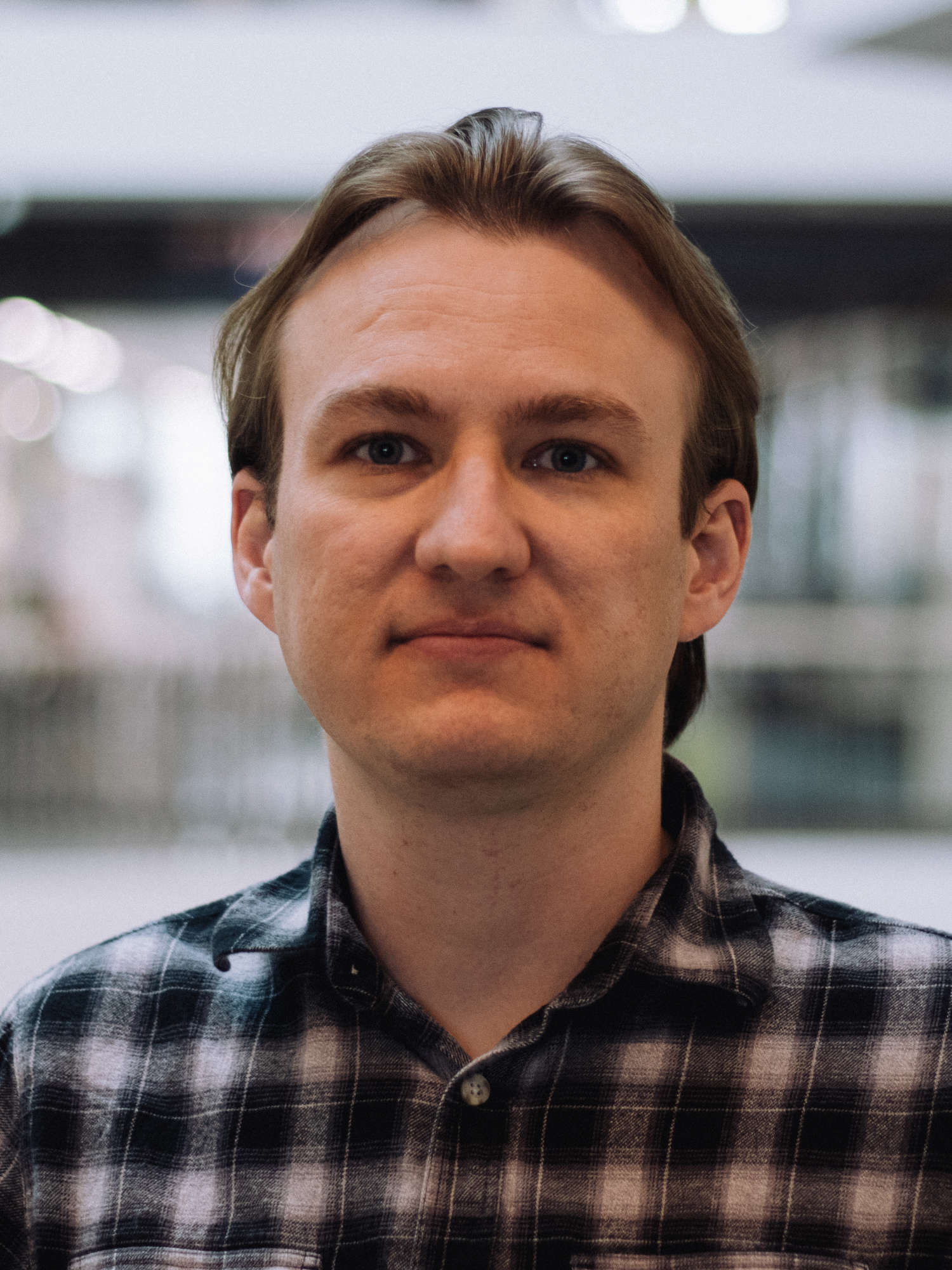Paulo Jannig
Postdoc

You can't possibly be a scientist if you mind people thinking that you're a fool.
I was born and raised in Joinville, a southern city in Brazil, where I had a nerdy childhood filled with Kung Fu, role-playing games and Lord of the Rings. When the time came to apply for universities, I was divided between my interest in computer science and healthcare (mostly driven by the many years practicing martial arts). In the end, the latter won and I started a bachelor in Physical Education, where I was promptly captivated by Exercise Physiology. During my undergraduate studies I navigated between research projects investigating the beneficial aspects of physical exercise, from human hypertension to experimental models of sepsis. After earning my bachelor degree, I moved to São Paulo (Brazil) where I started working with cardiovascular rehabilitation in the Heart Institute of the University of São Paulo Medical School (Brazil). Next, I joined Professor Patricia Brum’s laboratory (School of Physical Education and Sport, University of São Paulo), where I obtained my master’s degree in Experimental Physiopathology by studying the role of autophagy in the skeletal muscle of heart failure animals. In the same lab, I started my PhD studies investigating novel mechanisms of exercise-induced mitochondrial adaptation in skeletal muscle. My PhD training provided me with a strong background in cellular and molecular exercise physiology, focused on skeletal muscle oxidative metabolism and transcriptional regulation. In 2017, I moved to Stockholm for my postdoctoral studies with Professor Jorge Ruas at Karolinska Institutet. Since then my main research goal is to identify and characterize genomic regulatory regions controlling muscle adaptation to challenges such as physical exercise, muscle disuse, metabolic diseases and cancer cachexia.